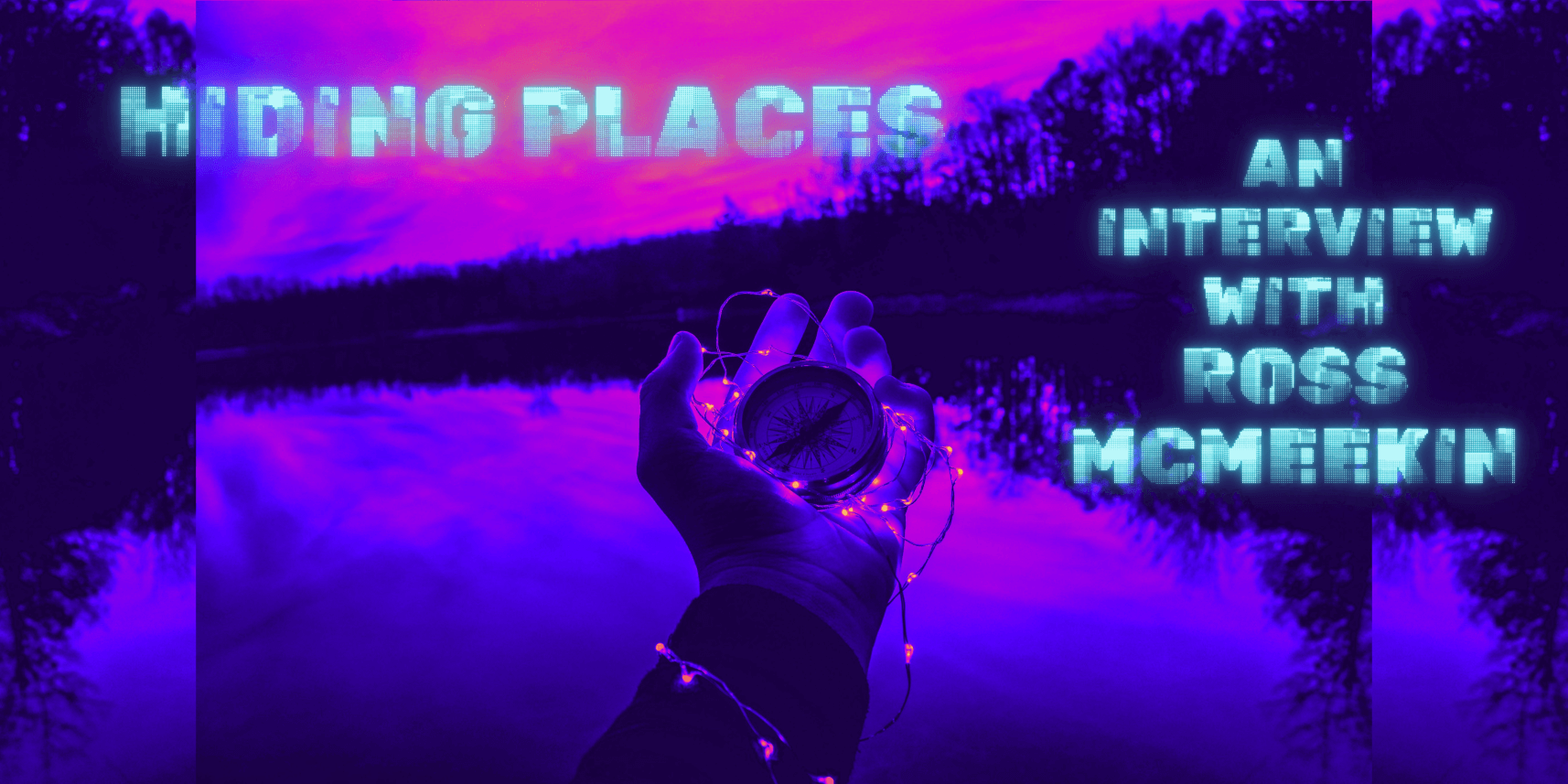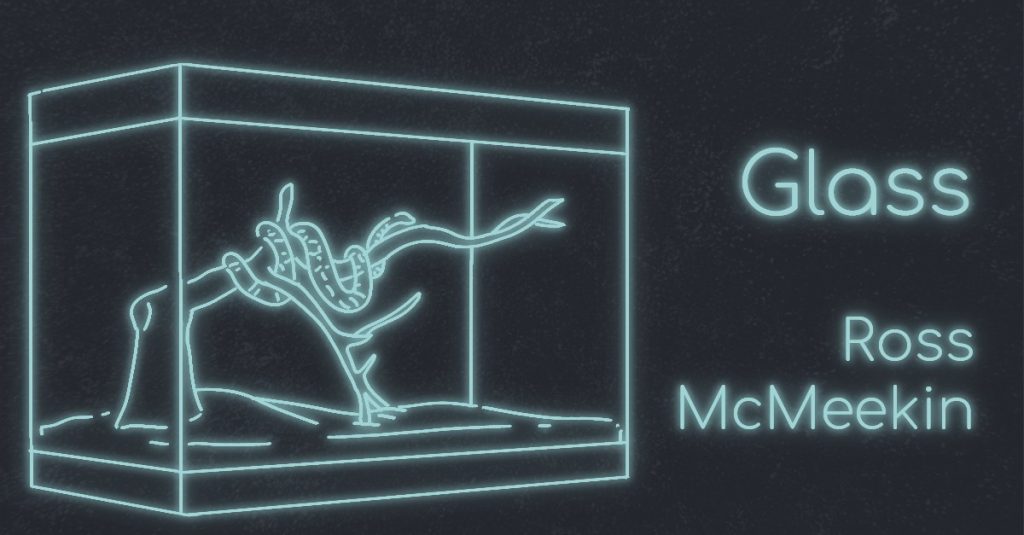
HIDING PLACES: An Interview With Ross McMeekin
When I think of setting, I like using the word figment, because it’s defined as something that a person believes to be real, but only exists in their imagination.
Ross McMeekin is author of the upcoming debut story collection, Below the Falls (Thirty West, 2024), as well as a noir, The Hummingbirds (Skyhorse, 2018.) His short fiction has appeared in literary journals and magazines such as Virginia Quarterly Review, Shenandoah, Redivider, and X-R-A-Y. He has won fellowships from Hugo House and Jack Straw Cultural Center in Seattle. For the last ten years, he has served as editor of the literary journal, Spartan. You can find him at www.rossmcmeekin.com.

When I think of setting, I like using the word figment, because it’s defined as something that a person believes to be real, but only exists in their imagination.

My neighbor wants to know about the fish tank, whether it still holds water. I want to know the same about the river running along the highway. There’s a lot of agriculture upstream, a lot of fields to irrigate. It’s midsummer, the sun is merciless, and the snowpack is gone. He rubs his finger on the glass, looks at it, and wipes his jeans. I need more money than I can make from this yard sale, and I think he knows it. “So what did you keep in the tank?” he asks. “A better place than this.” I kept tropical…